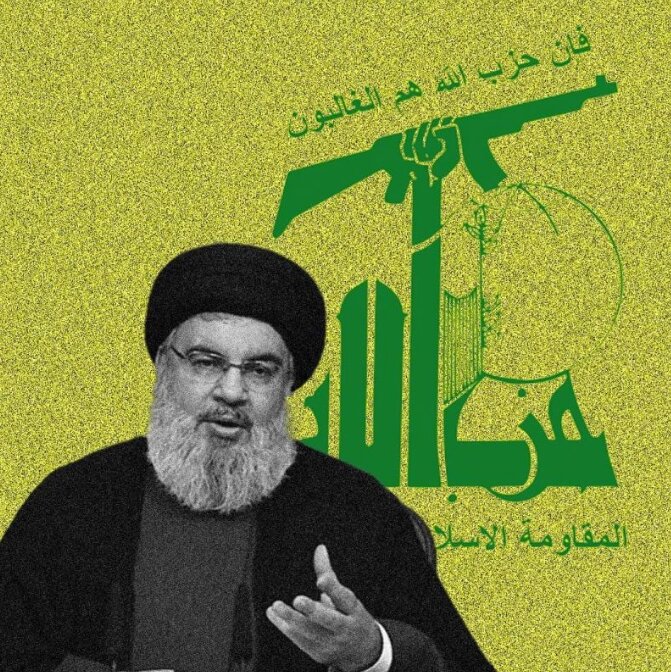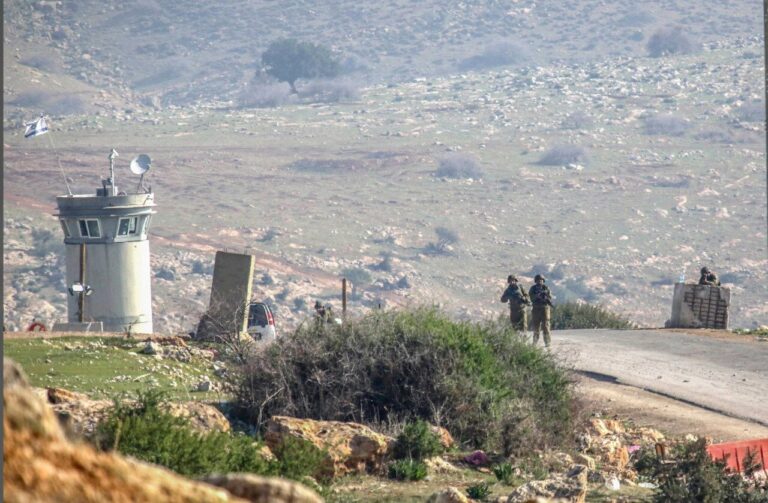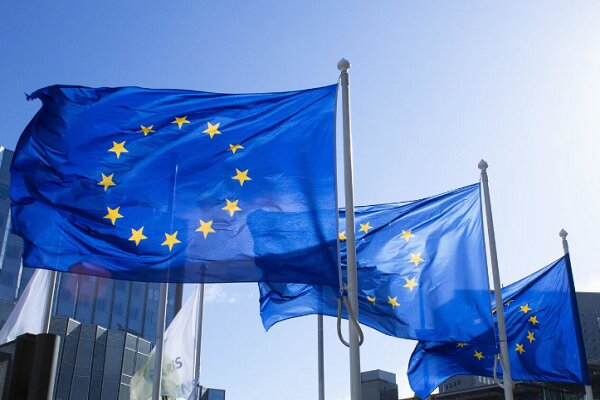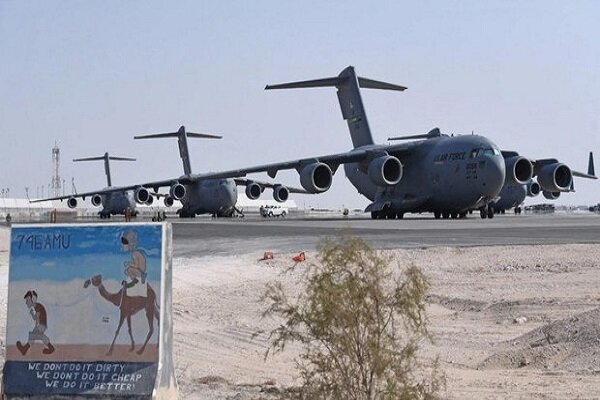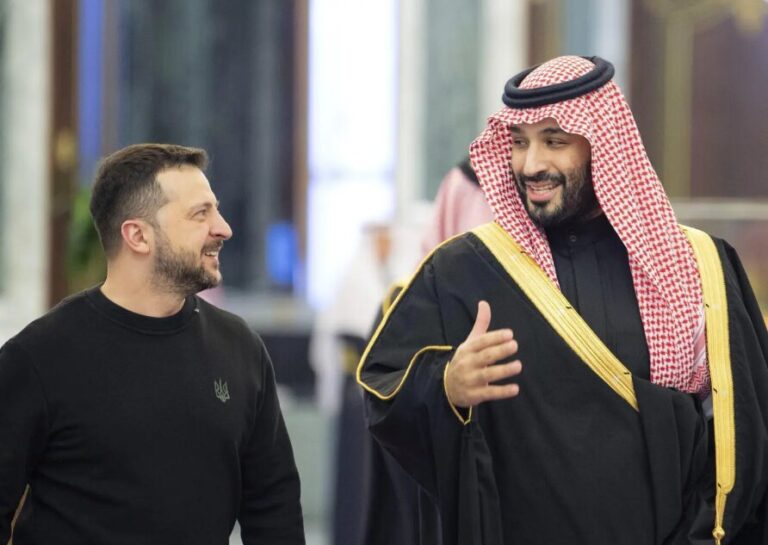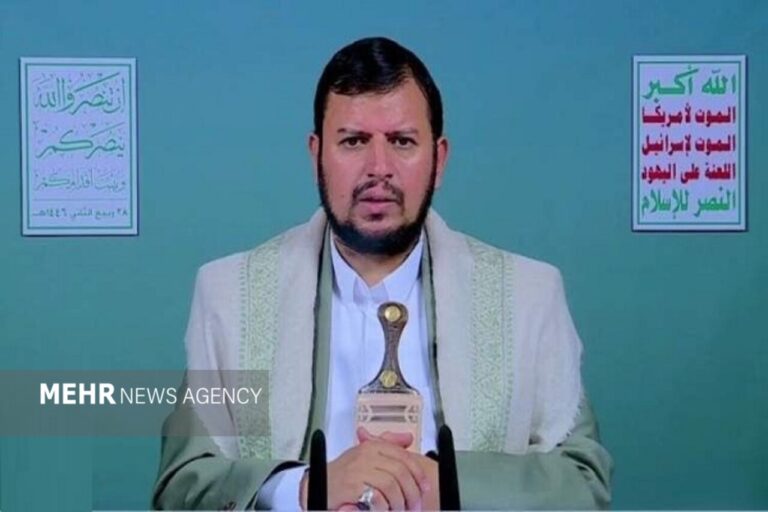Foreign-Funded Outlet Accused of Smearing Nasrallah Mausoleum’s Reputation
In today’s complex political landscape, the media plays a crucial role in shaping narratives. This is particularly evident in Lebanon, where the recent actions surrounding the mausoleum of martyr Sayyed Hassan Nasrallah have sparked controversy and debate. The coverage has raised questions about journalistic integrity and the motives behind certain reports.
On May 2, during a segment on Lebanese Al-Jadeed TV, journalist Josephine Deeb hosted Saudi media activist Tony Boulos to showcase a documentary about Sayyed Hassan Nasrallah’s mausoleum. Following the broadcast, Deeb claimed that the report was not prepared by Al-Jadeed TV. However, a reliable source informed the Tehran Times that the documentary was part of a broader strategy by Al-Jadeed to secure funding from the Arab-Persian Gulf in anticipation of the parliamentary elections scheduled for May 2026.
Deeb, a notable Lebanese political writer and media personality, has a history of investigative journalism, having received the Thomson Foundation Award from Reuters in 2009. She gained further notoriety as one of the so-called “American Source Journalists” for her role in disseminating intelligence leaks within the Lebanese media landscape.
On April 29, prior to the documentary, Deeb published an article alleging that Hezbollah had obstructed the Lebanese army’s entry into Beirut’s Southern Suburb, also known as Dahiyeh. This claim suggested that Hezbollah’s actions resulted in an Israeli bombardment of a warehouse in the area. However, within 24 hours, President Joseph Aoun refuted Deeb’s allegations during an interview with Sky News Arabia, stating, “The information that Hezbollah refused the army’s entry to search a site in Dahiyeh is incorrect.”
In recent years, Deeb has participated in various journalism courses in the United States. Critics argue that instead of utilizing her connections for critical journalism, she has leveraged them against the Resistance for personal gain.
Josephine Deeb’s narrative echoes that of Ibrahim al-Saqr, a leading figure from the Lebanese Forces who previously engaged in the unlawful appropriation of oil from the Lebanese market. Al-Saqr had stated, “We must compromise with the Shiites; either they surrender the weapons of resistance or we deprive them of visiting the mausoleum.”
Observers have raised questions regarding the authenticity of the report presented by Al-Jadeed TV, specifically how it could be aired without the knowledge of the program’s producer and director. This has led to speculation that the report may have been crafted by an intelligence agency, given its detailed focus on the construction of Sayyed Nasrallah’s mausoleum.
Ali Obaidi, an expert in visual media, criticized the report on his Facebook page, highlighting the use of ambiguous terms like “certified real estate expert” and “senior banking source” without any substantiation. He pointed out the clear contradictions within the report regarding the mausoleum’s construction costs and the sources of its funding.
Claims of “seizure” regarding the land for the mausoleum are also contradicted within the report itself. One speaker noted, “the land was purchased, a problem arose with the owners, and was subsequently resolved.”
The documentary presented by Al-Jadeed TV aligns with tactics of soft psychological warfare and hate speech, reminiscent of methods employed by Israeli media. The report’s soundtrack created an atmosphere of danger and apprehension, further heightening tensions.
Moreover, the report characterized Sayyed Nasrallah’s mausoleum as a “threat to Beirut’s identity” and posed a supposed danger to other sects, suggesting that “Sunnis and Christians are threatened by a Shiite shrine in the heart of Beirut.” This portrayal breaches Article 9 of the Universal Declaration of Journalistic Ethics, which mandates journalists to refrain from promoting hatred, and Article 13, which advises against using media for personal interests or gains.
As Lebanon faces a rise in hostilities, the media holds a significant responsibility to maintain civil peace and provide accurate information. Upholding professional ethics is essential to respect the public and contribute positively to the discourse.
In conclusion, the documentary aired by Al-Jadeed TV appears to be a calculated attempt to incite public sentiment against the Resistance. It represents a troubling participation in the broader American narrative threatening a return to conflict with Israel if Hezbollah does not disarm.
